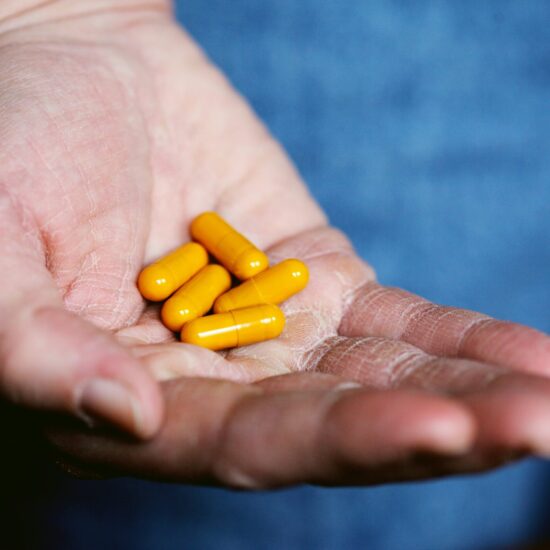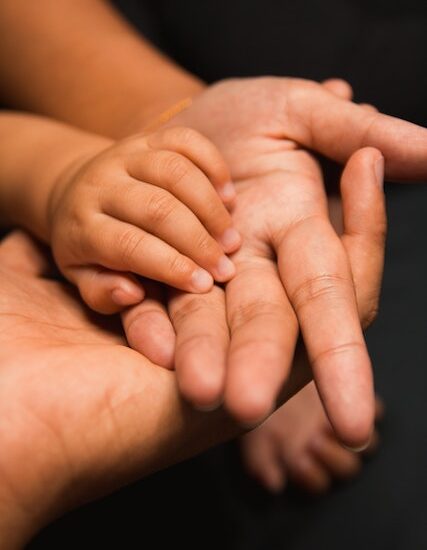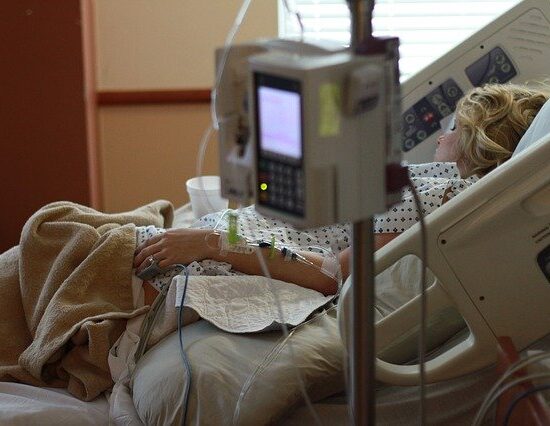
Image by Frank Alarcon via Unsplash
In a society that has criminalized addiction, how can we begin to provide support for child-bearing women who are struggling with it?
Neonatal abstinence syndrome (NAS), which affects one in twenty newborns, is defined by the Center for Disease Control and Prevention (CDC) as: a withdrawal syndrome that can occur in newborns exposed to certain substances, including opioids, during pregnancy. After being introduced to these addictive substances in utero, newborns can experience withdrawal shortly after birth. Often, the babies are separated from their mothers by organizations created to protect children; however, these separations are more detrimental to both lives. Rehabilitative protocols, rather than punishing ones, have shown to be more beneficial to the recovery of these mothers and their babies. Particularly in rural communities, where NAS is disproportionately more prevalent, access to these support services is especially valuable.
In this HealthCetera podcast, Dr. Diana Mason, PhD, RN, host of this program, is joined by Julia Reischel, Project Director for the Rural Communities Opioid Response Program (RCORP) at Margaretville Hospital; and Project Coordinator, Alicia Griffin. The Rural Communities Opioid Response Program works to connect child-bearing mothers struggling with addiction to other families with similar experiences, to recovery peer advocates and support groups, and to doctors and medical professionals. RCORP can be contacted via hotline, at (607)-441-6050.
This interview first aired on March 10th 2021, on HealthCetera in the Catskills radio program on WIOX Radio.
Podcast: Play in new window | Download (Duration: 23:28 — 27.2MB)
Subscribe: RSS









